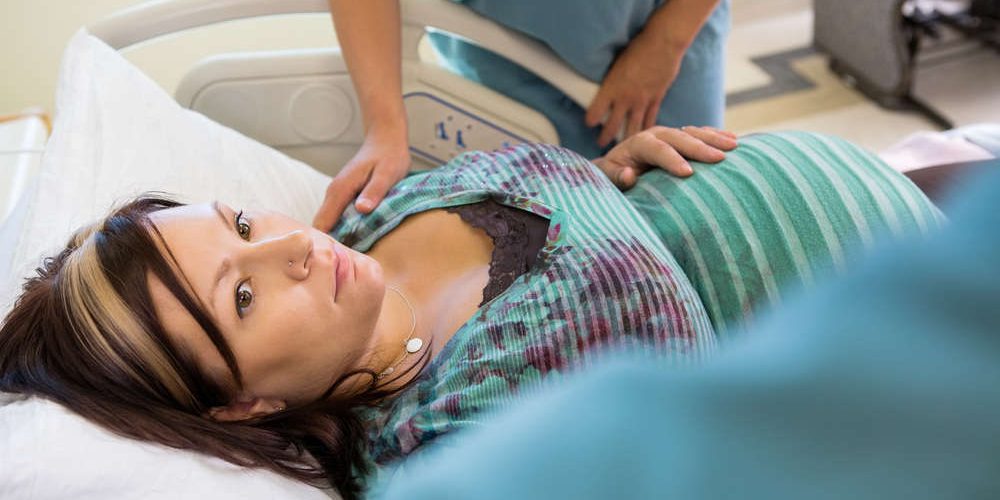January is National Birth Defects Prevention Month. Do you know how it affects you? If you’re a woman who wants to give birth to a healthy baby, you’ll want to know how to prevent birth defects from occurring. By taking action today, you lessen the risks that cause developmental problems in your newborn.
Common Types of Congenital Deformities
Among the most common birth defects that occur is neural tube defects (NTDs). They occur when a mother has not consumed enough folate. Spinal Bifida and anencephaly, a defect of the brain, occur when folic acid levels are low. That’s why Dr. Ahmadinia recommends taking a prenatal vitamin if you are of childbearing age and want to get pregnant.
Folate is available naturally through food sources, too. Women should consume leafy green vegetables such as spinach and kale as well as avocado, broccoli, asparagus, Brussel sprouts, and citrus fruit. If you have an allergy or can’t eat enough fresh fruits and vegetables, you’ll need to take a prenatal vitamin to supplement your diet.
Examinations for Healthy Pregnancies
Urine-based pregnancy tests offer accuracy. They are 97%-99% accurate and used by obstetrics and gynecology professionals worldwide. Dr. Ahmadinia uses urine-based pregnancy tests to determine if his patients are pregnant.
If the test you’ve taken comes up negative, and you suspect that you are pregnant, a blood test will be performed. It checks hormone levels. If you are pregnant, you’ll need to make regular appointments with OBGYN High Desert so the doctor can monitor your pregnancy.
National Birth Defects Prevention Month is a great time to be educated about the different birth defects that exist and how to prevent them. It’s very empowering to learn everything you can about the subject so that you’re able to discuss your thoughts and concerns with Dr. Ahmadinia.





